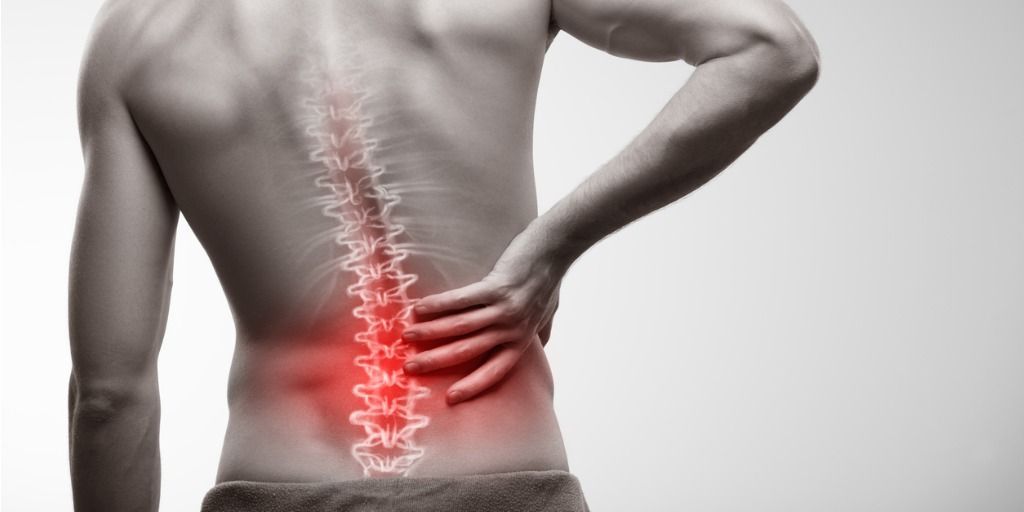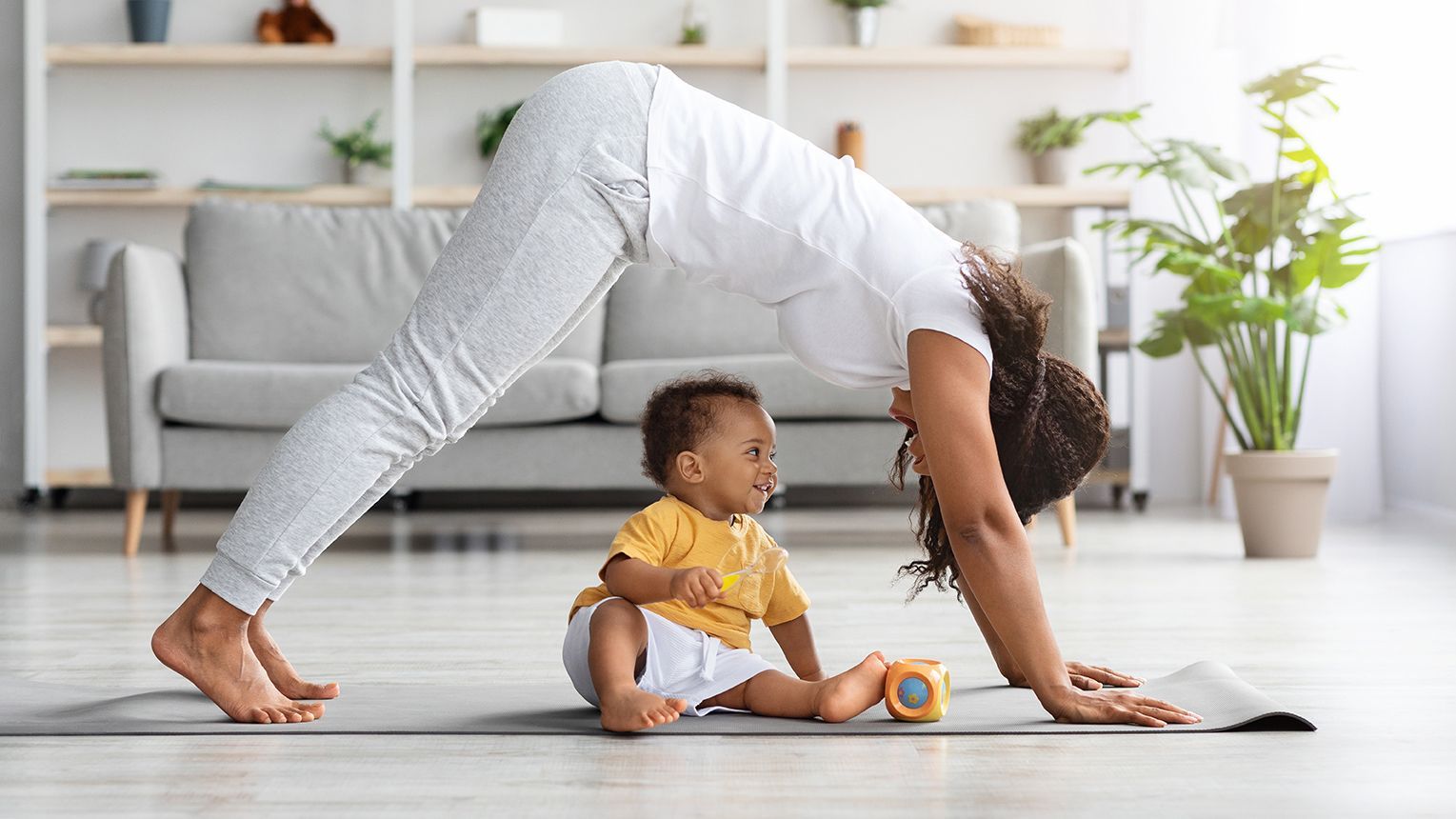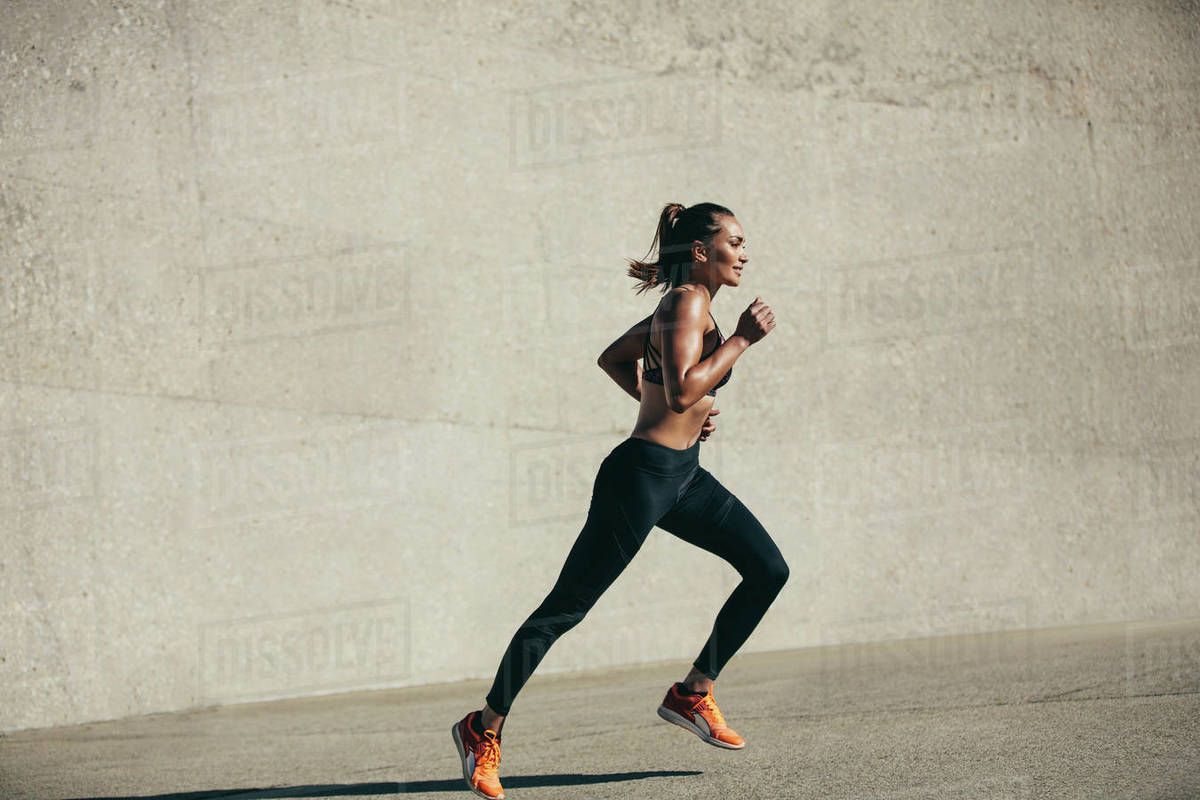Welcome to the team Georgia Elliss
Hey everyone, my name is Georgia Elliss, and I am a newly recruited Exercise Physiologist at Absolute Balance.
Let’s start with how I got to where I am today, shall we?
It is quite simple really; growing up I loved sport and exercise, plus I always wanted to find a career where I could help people. So that lead me to a 4-year University degree at ECU where I could combine my two passions and become an Accredited Exercise Physiologist.
I now have 2 years’ experience in Musculoskeletal Exercise Rehabilitation with Workers Compensation Clients; and am looking to further progress my experience, knowledge and skills in this field at Absolute Balance. It is so rewarding watching a client go from not being able to complete normal activities of daily living due to their injury and progressing back to their full-time work duties. Recovering from an injury is not easy, and the fact that I get to assist my clients through their rehab journey to eventually see smiles all round by the end of it all is why I love my job.
Now for a little bit about me, if you didn’t know!
I am 24 years old and absolutely adore quality time with family and friends. I have an amazing partner, and the cutest dog named Cassie. Snorkelling is one of my favourite things to do on the weekend because the beach is my happy place and I just love the underwater world. Additionally, I enjoy travelling the world, exploring new places and going on some epic adventures. My proudest achievement in life so far must be buying my first house last year.
My favourite Quote is “Believe you can, and you will”. This has helped me get to where I am today, and I am super excited to progress my career as an Accredited Exercise Physiologist with Absolute Balance and look forward to all the experiences along the way.
Georgia Elliss
Workers Compensation Specialist (AEP, ESSAM)




